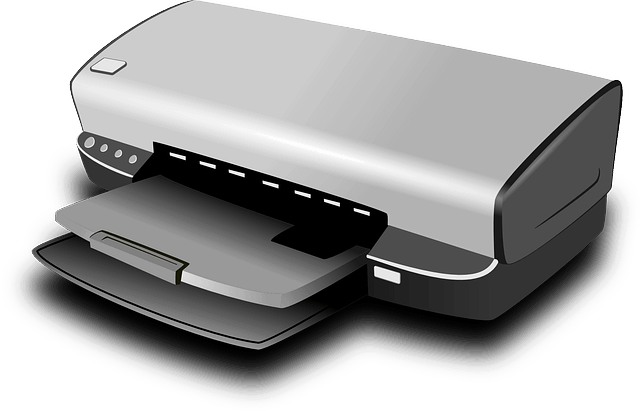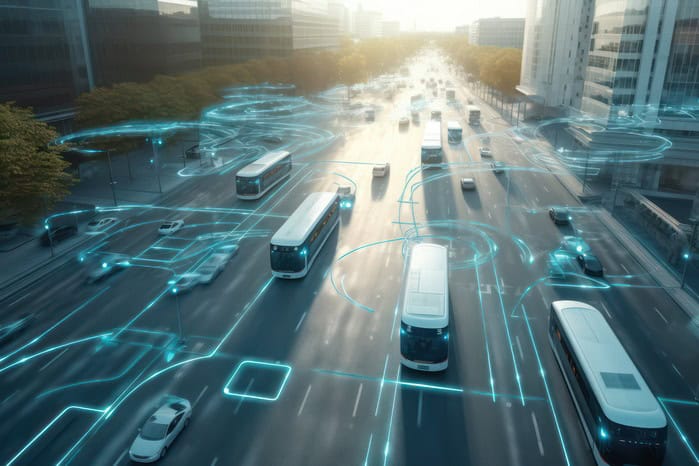A Brief Introduction Of VPN: How It Works And Its Uses

At times, it can be difficult to remember what we did before we had the internet.
We chat with our friends online, browse for recipes, read the news, watch movies, and even connect to potential romantic partners.
As our online activity increases, so too must the consideration we give to both our online security and the content we are accessing. For many people, a VPN, or Virtual Private Network, is becoming a requirement for their browsing needs.
With so many VPNs available, both for free and with a paid subscription, it can be overwhelming to know which is the best VPN for you.
First of all, let’s learn exactly what a VPN is, and what we can use them for.
What Is A VPN?

Although VPNs can seem rather confusing to most people, the way they work is quite simple. VPNs create a secure private network within a larger less secure network, like the Internet.
Practically speaking, your internet browsing is routed through a series of specialized private servers.
Directing your internet traffic in this way can protect you from hackers, keep your browsing history confidential, and enable you to access content that has been restricted on grounds of geographical location or censorship.
How Do VPNs Offer Greater Protection And Security While Browsing?
VPNs provide a range of heightened security features for internet browsers.
Whilst they cannot offer complete browsing anonymity, they do provide a much greater level of confidentiality. By encrypting your web traffic, VPNs keep your online data safe from hackers, in much the same way as a firewall keeps the data on your computer safe. A good VPN service prevents hackers from being able to access your passwords, emails and financial information, such as the details of credit cards that you use online. This is particularly useful nowadays with the emergence of widely found public Wi-Fi areas, which can be a hotbed for online fraud and theft.
As this is such a major problem, it is best to do your homework and invest in a proven VPN. As hacking schemes like “Honeypot Attacks” and fake Wi-Fi networks become more sophisticated, providers of VPNs are constantly updating their products to stay ahead of the hackers.
How Can VPNs Be Used To Access Restricted Content?
Many countries in the world restrict internet users from accessing various websites and content. China, for example, blocks access to Google and Facebook, and Western media sources, especially news sites, are restricted in many countries from Russia to Vietnam.
To get around these restrictions, VPNs make it appear that you are browsing the internet from a different geographical location. You can choose the location in your VPN settings and so, for example, whilst you may be in China, it will seem that you are actually in the USA. As a result, you will be able to bypass the Chinese censorship restrictions and access the same content as someone who is browsing the web in the United States.
A VPN can also enable you to bypass restrictions placed on work and school Networks, which are designed to stop students and employees from accessing non-school or work-related content, such as Facebook or other social media platforms.
Use Of VPNs For Online Streaming Services
As more and more people are turning away from the TV and towards online streaming services for entertainment, companies such as Netflix and Hulu are doing everything they can to cash in on this rapidly growing market. The content which is accessible on these sites, however, varies widely from country to country.
What is available on Netflix in Canada may not be available on Netflix in South Korea. The best VPNs can trick streaming sites into thinking that the user is in whichever country the VPN is set to.
As a result, users can access online streaming content that is not usually available in their location.
Whilst the biggest and most popular sites have tried to develop software to prevent this, top-of-the-range VPNs are continuously being updated to stay ahead.
VPNs are becoming increasingly essential software for every internet user.
As the web becomes more and more regulated, and in particular geographically restricted, a good VPN is vital for security, privacy and internet access. Whilst there are many VPNs available on the market, as in all walks of life, you get what you pay for, and so it is best to avoid free VPN services that may not be up to date with the latest protection or location capabilities.
A good VPN will only cost a few dollars a month but could end up saving you a fortune.
Happy browsing!





